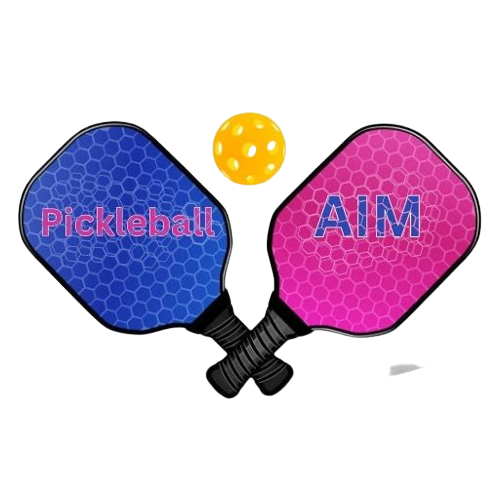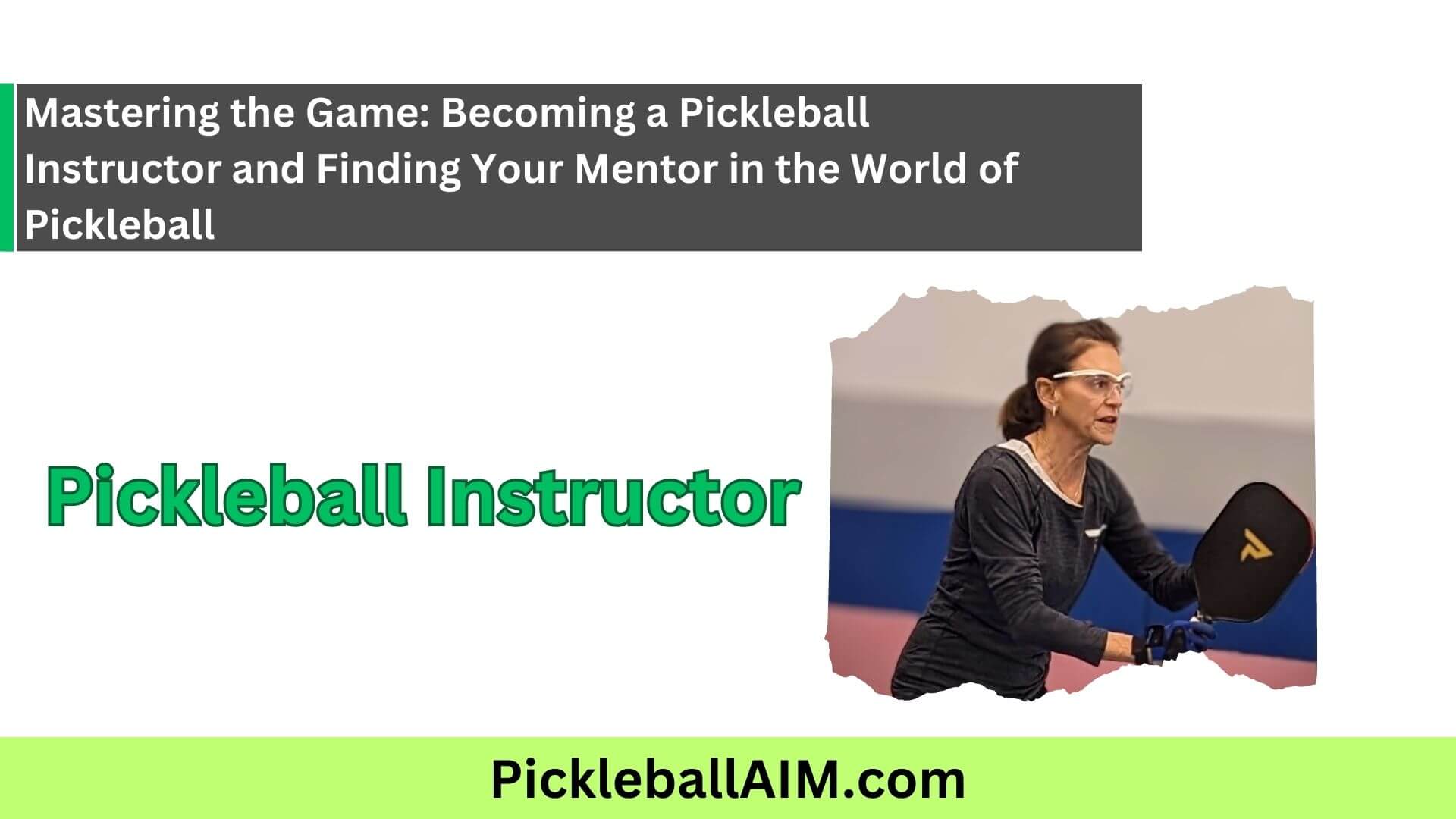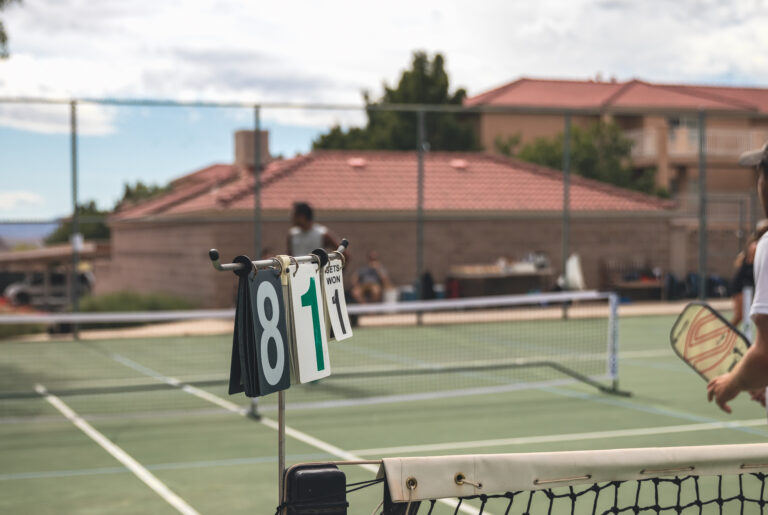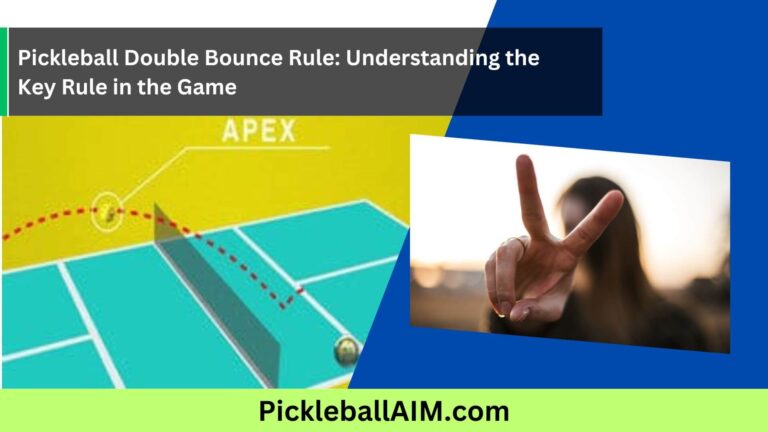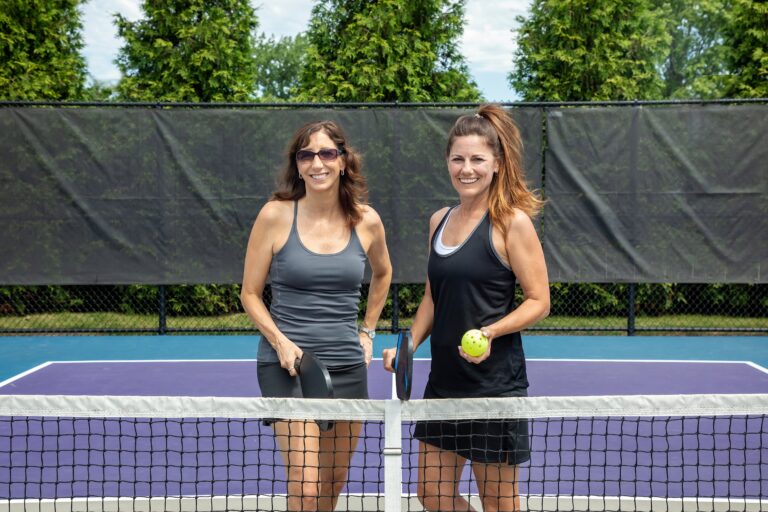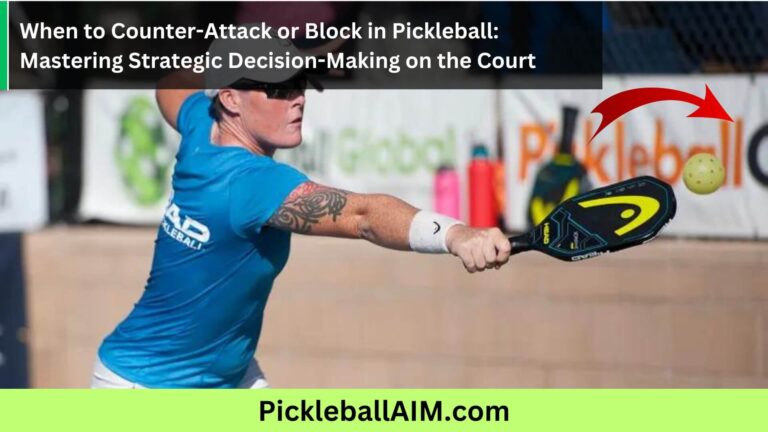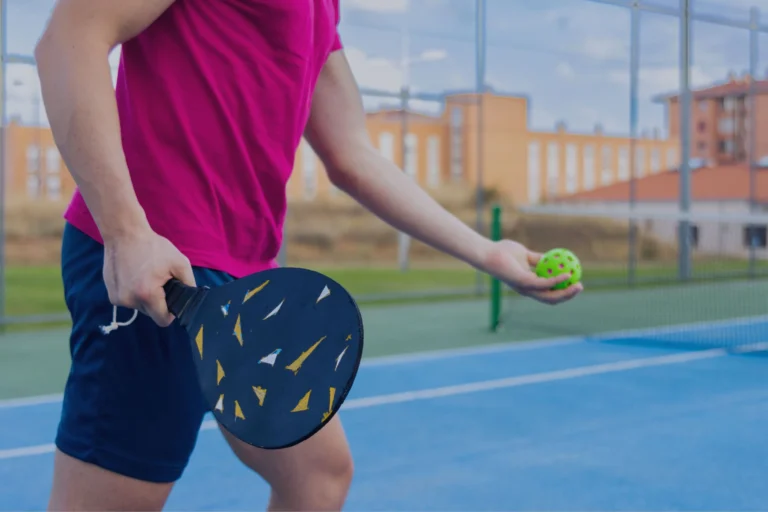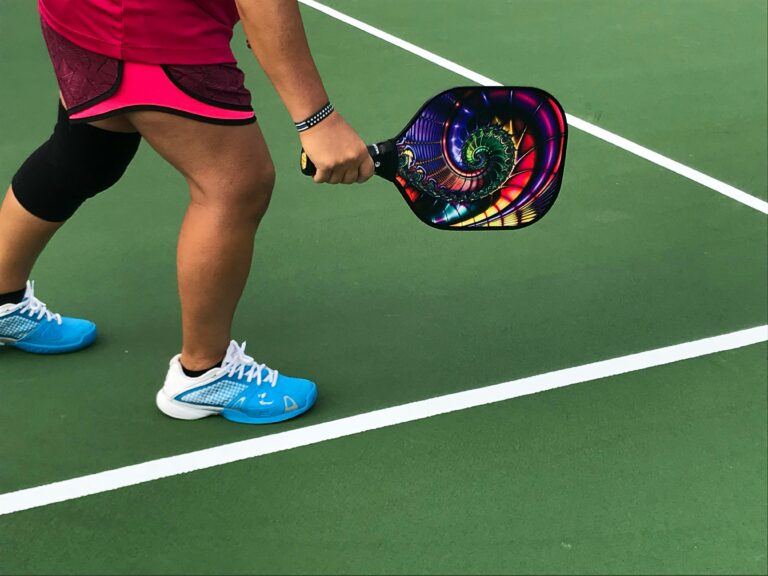Become a Pickleball Instructor: A Comprehensive Guide to Finding and Cultivating Your Teaching Expertise
Pickleball, a fast-growing sport known for its accessibility and inclusivity, has captured the hearts of players of all ages and skill levels. As the popularity of the game continues to soar, the demand for qualified and skilled pickleball instructors has also increased. Whether you are an avid pickleball player looking to share your passion for the sport or someone seeking guidance to improve your pickleball skills, finding a knowledgeable and experienced pickleball instructor can make a world of difference. In this article, we will explore the process of finding a pickleball instructor and the steps you can take to become one yourself, contributing to the growth and development of this beloved sport.
Finding a Pickleball Instructor
- Local Community Centers and Clubs: Start your search for a pickleball instructor by checking with local community centers, recreational clubs, and sports facilities. Many places offer pickleball lessons and clinics conducted by certified instructors.
- Online Platforms: Look for pickleball instructors on online platforms, such as websites, forums, and social media groups dedicated to pickleball. Many instructors advertise their services online, making it convenient to find someone in your area.
- Referrals from Fellow Players: Seek recommendations from fellow pickleball players. They may have had positive experiences with specific instructors and can provide valuable insights.
- Pickleball Associations and Federations: Check with pickleball associations and federations in your region. They often maintain a list of certified instructors who meet the required standards.
- Local Events and Tournaments: Attend local pickleball events and tournaments. You might come across skilled players who also offer coaching services.
Becoming a Pickleball Instructor Yourself
- Master Your Skills: To become a pickleball instructor, you must first excel in the sport. Practice regularly, take lessons from experienced players, and participate in tournaments to refine your skills.
- Gain Teaching Experience: Offer free coaching sessions to friends or local players to gain teaching experience. Teaching others will enhance your communication skills and ability to break down techniques for learners.
- Obtain Certification: Consider obtaining certification from recognized pickleball organizations or associations. Certification programs provide comprehensive training on teaching methods and pickleball fundamentals.
- Learn about Teaching Methodologies: Study effective teaching methodologies and instructional techniques. Understanding how to cater to different learning styles will make you a more effective instructor.
- Promote Yourself: Create a professional profile, showcasing your skills and coaching experience. Utilize online platforms and social media to reach potential students and advertise your services.
- Offer Varied Lesson Plans: Develop structured and customized lesson plans to cater to students of different skill levels, from beginners to advanced players.
- Stay Updated: Continuously learn and stay updated on the latest trends, techniques, and strategies in pickleball. Attend workshops and seminars to enhance your knowledge.
Expanding the Pickleball Community: The Role of Pickleball Instructors
As the sport of pickleball continues to gain popularity worldwide, the role of pickleball instructors becomes increasingly significant in shaping the future of the game. These dedicated instructors play a pivotal role in introducing new players to the sport, refining the skills of seasoned players, and fostering a positive and supportive pickleball community. The impact of a skilled instructor goes beyond the technical aspects of the game; they inspire passion, build camaraderie, and instill a love for pickleball in their students.
Creating a Positive Learning Environment
Pickleball instructors not only teach the rules and techniques of the game but also create a positive and inclusive learning environment. Their encouragement, patience, and passion for pickleball motivate students to embrace the challenges and enjoy the journey of improvement. Instructors understand that each player has unique strengths and areas for growth, and they tailor their coaching approach to suit individual needs.
Developing Strong Foundations
For beginners, a competent pickleball instructor lays the groundwork for a strong foundation in the sport. They introduce players to the basic techniques, court positioning, and rules, setting the stage for continuous improvement. By instilling good habits from the start, instructors help students progress smoothly and confidently as they advance in skill level.
Refining Advanced Skills
Even experienced players can benefit from the expertise of a pickleball instructor. Advanced lessons focus on fine-tuning techniques, strategies, and decision-making on the court. Instructors analyze players’ strengths and weaknesses, provide constructive feedback, and suggest personalized drills to enhance their gameplay.
Building Sportsmanship and Respect
Pickleball instructors go beyond teaching physical skills; they also instill core values such as sportsmanship, respect, and integrity. They emphasize the importance of fair play, honesty, and respect for opponents and teammates alike. These essential life lessons foster a positive and supportive pickleball culture.
Offering Specialized Training
Some pickleball instructors may offer specialized training in areas such as competitive play, mental toughness, or physical conditioning. They cater to the unique needs and aspirations of their students, whether it’s preparing for tournaments, improving endurance, or honing specific shots.
Contributing to the Pickleball Community
Pickleball instructors play an integral role in building a strong and connected pickleball community. Through group lessons, clinics, and social events, they create opportunities for players to come together, share experiences, and form lasting friendships. Instructors often organize tournaments and charity events, fostering a sense of camaraderie among players of all ages and skill levels.
Continuing Education and Growth
The best pickleball instructors never stop learning. They attend workshops, conferences, and seminars to stay updated on the latest teaching techniques, industry trends, and rule changes. By continuously expanding their knowledge, instructors provide their students with the most up-to-date and effective coaching.
The Journey of Becoming a Pickleball Instructor
For those interested in becoming a pickleball instructor, the journey is filled with both challenges and rewards. It begins with a deep passion for the sport and a desire to share that passion with others. Aspiring instructors must start by honing their own skills, mastering the intricacies of pickleball, and gaining experience on the court.
Gaining Teaching Experience
To become a successful pickleball instructor, gaining teaching experience is vital. Offer free coaching sessions to friends, family, or local players to develop your teaching techniques and communication skills. Understanding how to effectively convey instructions and tailor them to different learning styles is crucial for fostering a positive and productive learning environment.
Seeking Certification
While certification is not mandatory to become a pickleball instructor, obtaining one demonstrates a commitment to professionalism and expertise. Several pickleball organizations offer certification programs, providing comprehensive training on coaching methodologies, safety practices, and ethical guidelines. Certification also establishes credibility among potential students and employers.
Developing Lesson Plans
Crafting structured and engaging lesson plans is an essential aspect of being a pickleball instructor. Lesson plans should cater to different skill levels, ensuring that each student receives personalized attention and progress at their own pace. Incorporate drills, exercises, and gameplay scenarios to keep lessons dynamic and effective.
Effective Communication
Effective communication is the cornerstone of successful instruction. Instructors must be able to articulate concepts clearly, provide constructive feedback, and address students’ concerns and questions. Positive reinforcement and encouragement are instrumental in motivating students to persist in their learning journey.
Adapting to Diverse Students
As a pickleball instructor, you will encounter students with varying ages, skill levels, and objectives. Adapting your teaching approach to meet the needs of diverse students is essential for providing a rewarding learning experience for everyone. Be patient, empathetic, and adaptable to ensure that each student feels supported and valued.
Promoting Your Services
As an aspiring pickleball instructor, marketing yourself effectively is essential to attract students. Create a professional profile showcasing your skills, experience, and teaching philosophy. Utilize social media, online platforms, and community events to reach potential students and showcase your coaching services.
Continuing Education
To stay at the forefront of pickleball coaching, continue to educate yourself and stay updated on industry trends. Attend workshops, seminars, and conferences related to pickleball coaching and teaching methodologies. Continuous learning enables you to refine your coaching techniques and offer students the best possible learning experience.
Fostering a Passion for Pickleball
Becoming a pickleball instructor is not just about teaching the game; it’s about fostering a lifelong passion for pickleball. As you guide your students on their pickleball journey, instill the joy, camaraderie, and love for the sport that makes it so special. By nurturing this passion, you contribute not only to their pickleball skills but also to their overall well-being and enjoyment of the game.
Conclusion
Becoming a pickleball instructor is a rewarding endeavor that allows you to share your love for the sport, empower others to improve their skills, and contribute to the growth of the pickleball community. With dedication, continuous learning, and a genuine passion for teaching, aspiring instructors can make a lasting impact on the lives of their students. Whether you choose to seek certification, develop personalized lesson plans, or create a positive learning environment, the journey of becoming a pickleball instructor is filled with opportunities to inspire, educate, and connect with players of all ages and backgrounds.
